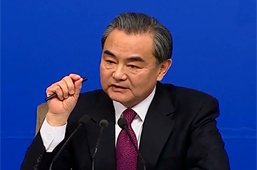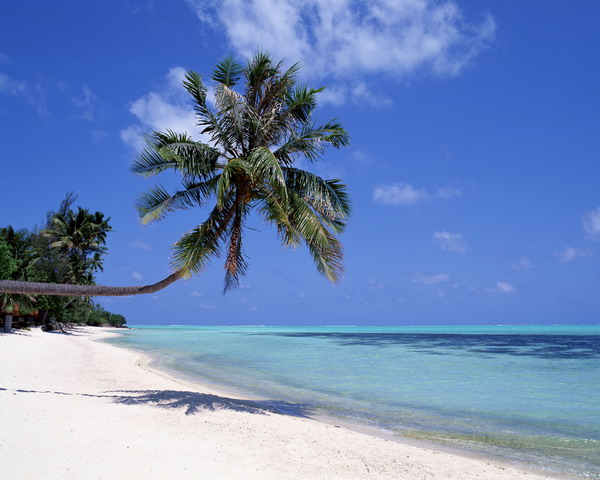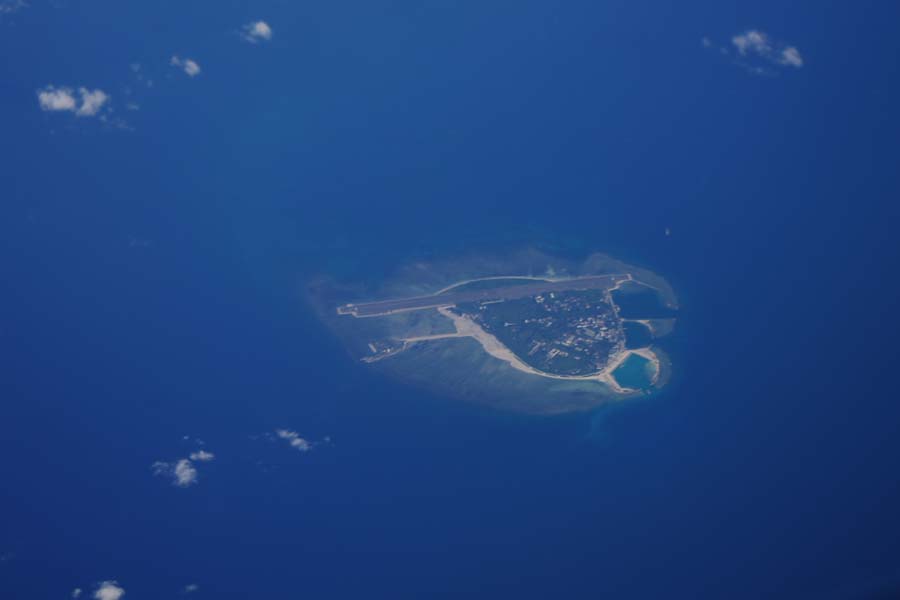The South China Sea, whose stability highly concerns countries in the region, has been largely at peace. This hard-won balance should not be broken by any country in any name.
This week, Tina Kaidanow, the U.S. State Department official overseeing arms sales, said U.S. warships would maintain their "freedom of navigation" in the South China Sea. She also urged Southeast Asian countries to consider purchasing U.S. arms.
Matters concerning the South China Sea should be settled by negotiations among countries in the region, those outside of it should not meddle in the name of so-called freedom of navigation.
China has repeatedly voiced its stance of respecting and safeguarding freedom of navigation and flight in the South China Sea for all countries in accordance with international law, but it opposes any country attempting to impair China's sovereignty and security interests.
Sailing military vessels within 12 nautical miles of a Chinese island without gaining permission first, which the USS Hopper, a guided missile destroyer, did in January, can hardly be defined as "freedom of navigation."
Countries that break internationally recognized rules should be denounced, and they are in no position to criticize China of being a "disruptive power" in the region.
China's activities in the South China Sea region are in accordance with international laws. The West should abandon its Cold War mentality and stop spreading fear of China's rise. China has clearly stated that it adheres to a path of peaceful development.
Criticizing China is an easy way for other countries to divert attention and pressure from their domestic politics, but China will not be a scapegoat. Provocative words and actions only raise tensions on bilateral relations and regional matters.
Certain countries in the West should focus on their own problems and leave the South China Sea at peace. Countries in the region are fully capable of settling disputes and achieving shared governance over the waters by themselves.
As an ancient Chinese saying goes, "The duck is the first to know when spring rivers become warm." Countries in the region understand the situation. They do not need outside interference.



 Overview
Overview Resources & Environment
Resources & Environment



 QQ 好友
QQ 好友 微信好友
微信好友 易信好友
易信好友 QQ空间
QQ空间 朋友圈
朋友圈 百度空间
百度空间